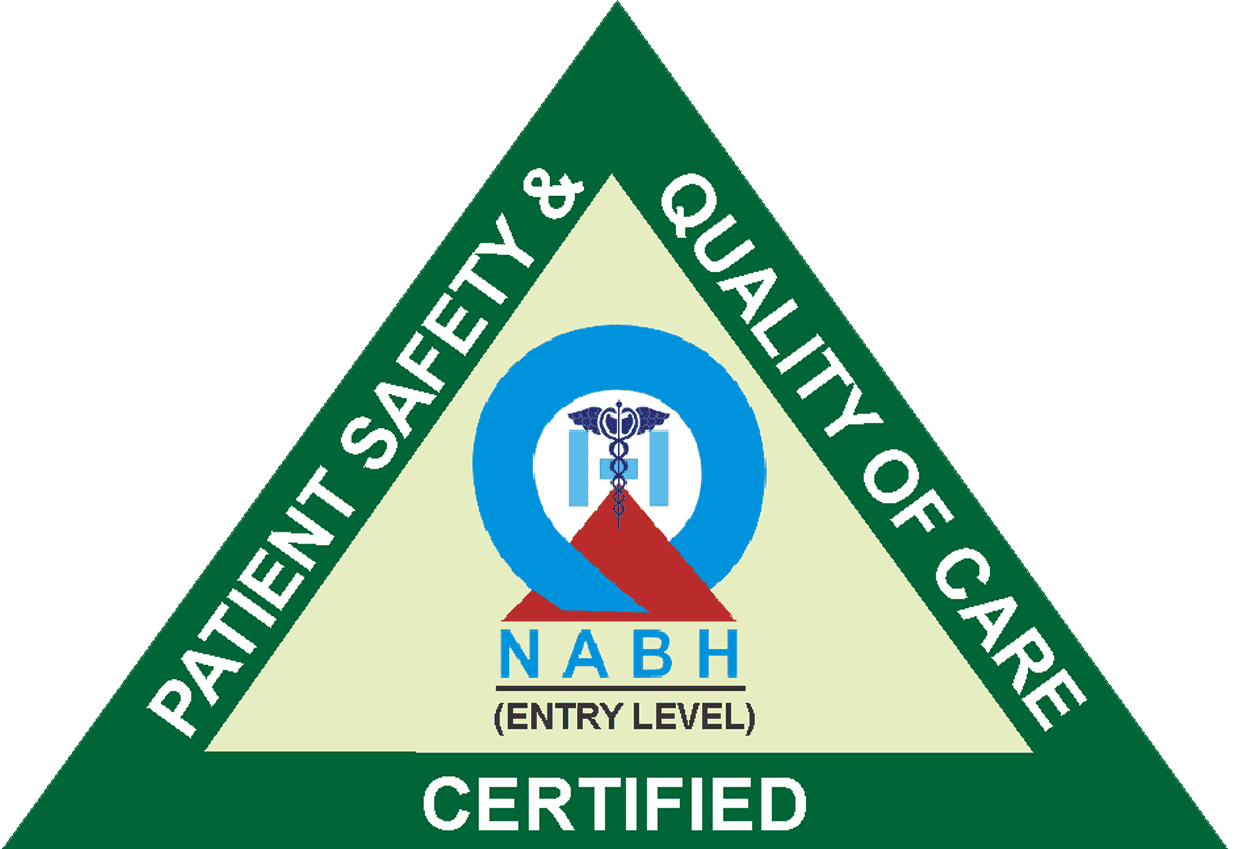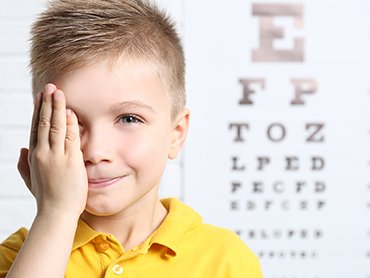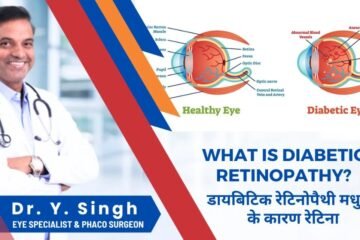Eat a Nutrient-Rich Diet: The eye relies on a variety of nutrients to function optimally. Vitamins A, C, and E, as well as minerals like zinc, are crucial for maintaining good vision. Vitamin A, in particular, is essential for night vision. Foods like carrots, sweet potatoes, spinach, kale, and fish (rich in omega-3 fatty acids) are great choices to include in your diet.
Protect Your Eyes from UV Rays: Prolonged exposure to the sun’s ultraviolet (UV) rays can damage the eyes. This damage can lead to conditions like cataracts and age-related macular degeneration. To protect your eyes, invest in sunglasses that provide 100% UVA and UVB protection. Wearing a wide-brimmed hat can also help shield your eyes from the sun.
Give Your Eyes a Break: In today’s digital age, many of us spend a significant amount of time in front of screens. This can lead to eye strain, known as digital eye strain or computer vision syndrome. To alleviate this strain, follow the 20-20-20 rule. Every 20 minutes, take a 20-second break and look at something at least 20 feet away. Blink frequently to keep your eyes moist, and adjust your screen’s brightness and font size for better comfort.
Regular Eye Exams: Even if you think your vision is perfect, regular eye exams are essential. Eye professionals can detect early signs of conditions like glaucoma, diabetic retinopathy, and macular degeneration, which may not exhibit symptoms until they’re advanced. Detecting and addressing these issues early can prevent vision loss.
Stay Hydrated: Dehydration can cause dry eyes. To maintain proper eye lubrication, make sure you’re drinking enough water. Aim for at least eight 8-ounce glasses of water per day.
Quit Smoking: Smoking is a major risk factor for eye conditions like cataracts and age-related macular degeneration. Quitting smoking can significantly reduce these risks and improve overall eye health.
Adequate Sleep: Sleep is crucial for your body to repair and rejuvenate, including your eyes. Aim for 7-8 hours of quality sleep each night to help maintain optimal eye health.
Eye-Friendly Work Environment: To reduce eye strain at work, ensure your workspace is well-lit, with the light source coming from behind or beside you, not directly in front or behind your computer screen. Adjust your monitor’s height and distance to minimize glare and eye strain.
Manage Chronic Conditions: Conditions like diabetes and hypertension can harm your eyes. Managing these conditions through medication, a balanced diet, and regular exercise can help protect your eyes from related complications.
Be Mindful of Family History: If you have a family history of eye diseases, such as glaucoma or macular degeneration, you may be at a higher risk. Inform your eye care professional about your family history and have regular check-ups to catch potential issues early.
Limit Alcohol Consumption: Excessive alcohol intake can lead to various health problems, including those affecting your eyes. Practice moderation in your alcohol consumption to promote good eye health.
Practice Good Hygiene: Avoid touching your eyes with unwashed hands to prevent infections. If you wear contact lenses, follow proper care instructions and hygiene practices to reduce the risk of eye infections.
Stay Active: Regular exercise not only improves overall health but also promotes good circulation, which benefits your eyes. Exercise can also help manage conditions like diabetes, which can have a significant impact on eye health.
By following these detailed guidelines, you can maintain and improve your eye health, reducing the risk of various eye conditions and ensuring that your vision remains clear and healthy.





